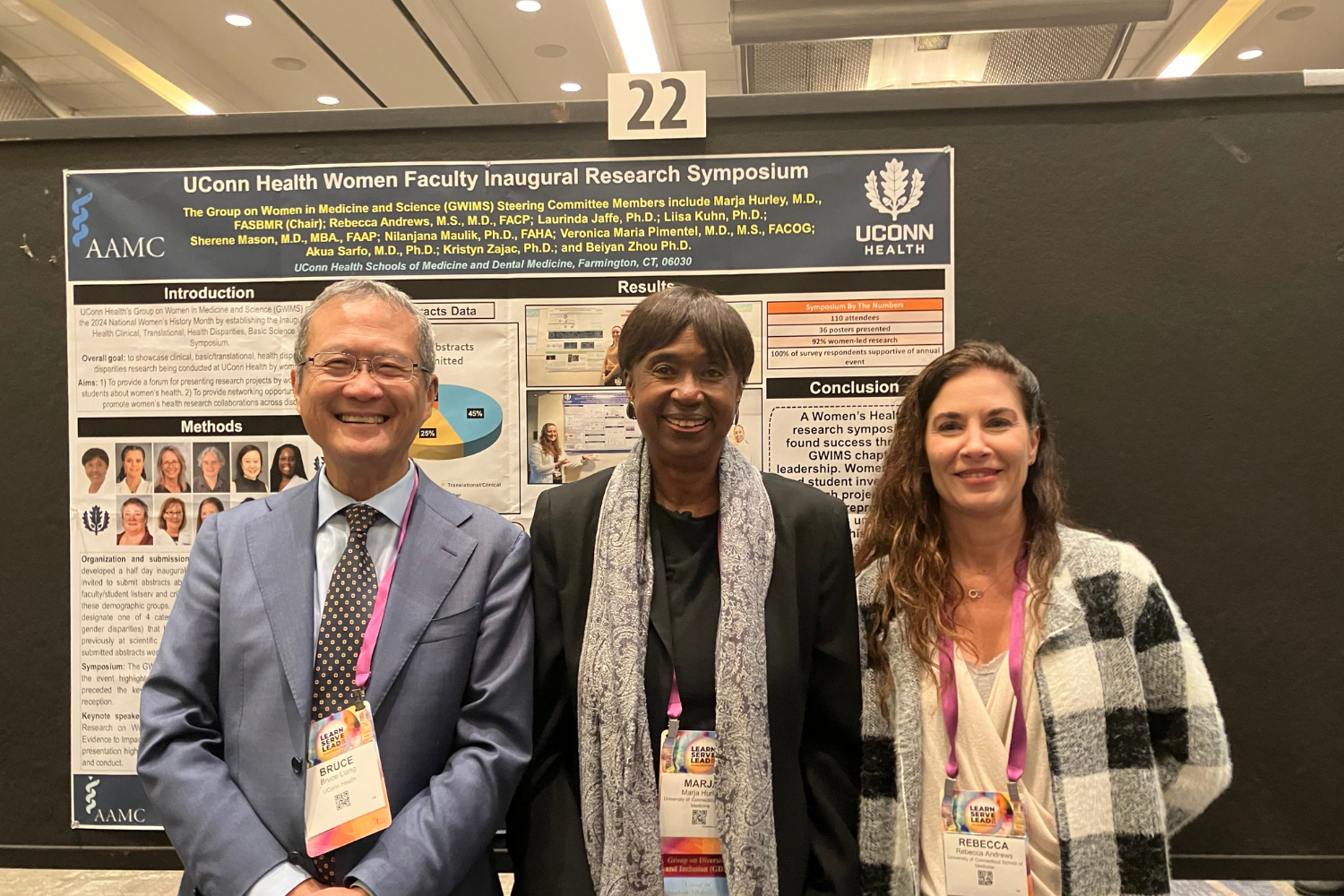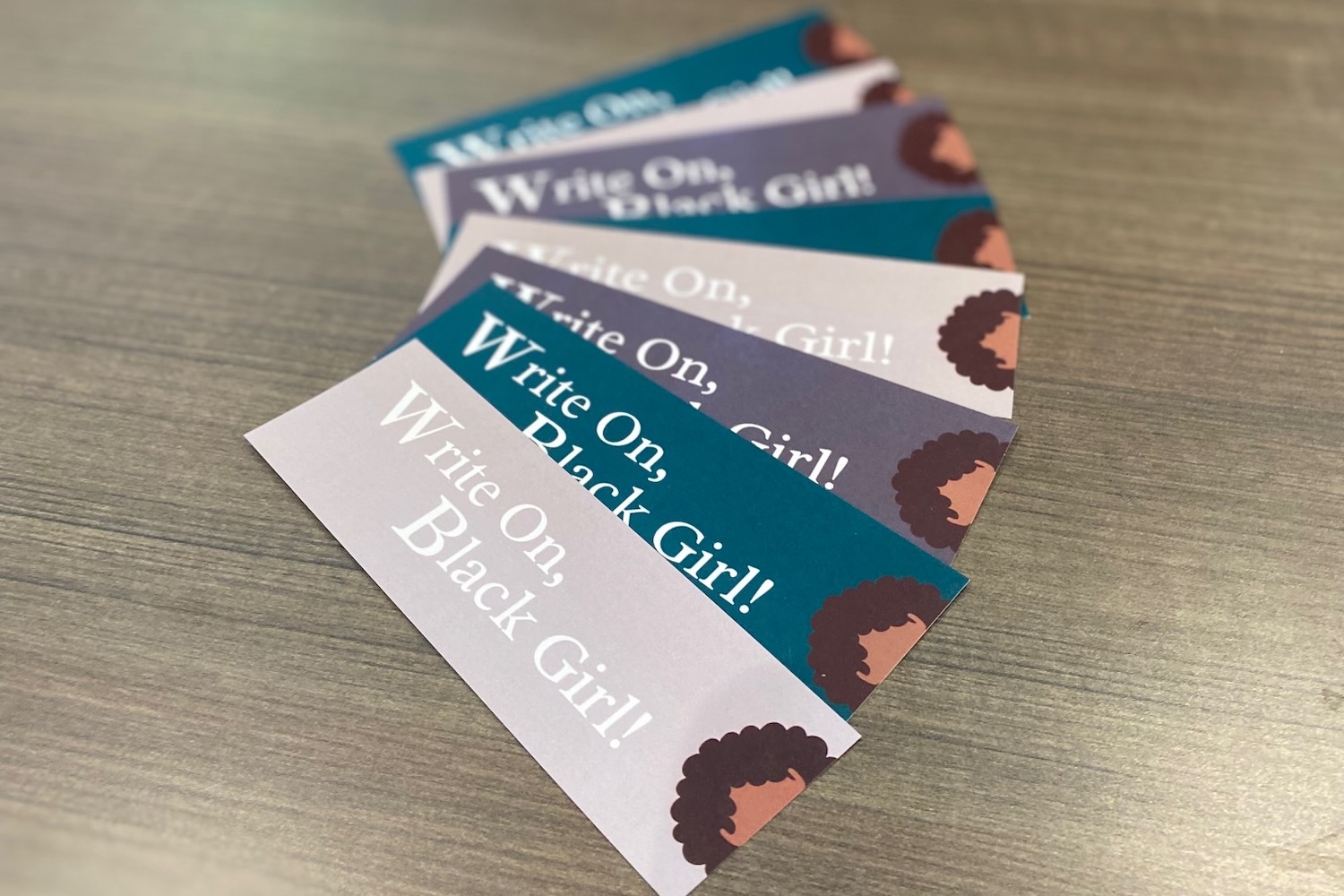
By Anna Zarra Aldrich ’20 (CLAS), Office of the Vice President for Research
This year’s round of Third Bridge Grant awardees has developed innovative technologies focused on patenting, mobility, online education, and tick safety.
The Third Bridge Grant program awards grants for engineering students to take their technologies to the next level. Award amounts range from $5000 to $50,000. The program began in 2013.
PatentPlus AI, one of this year’s recipients, is an AI-driven patent search engine. This technology helps research and development-focused companies, research universities, and law firms determine quickly and easily if an invention is patentable. PatentPlus AI founders Massyl Mallem and Jake Winter trained their AI technology on millions of patent documents to predict what patents are most relevant to a disclosed invention.
Winter says the Third Bridge Grant will allow them to scale the platform to include international patents and improve the web application.
“Receiving the Third Bridge Grant has given us both the funding for important product development that brings our platform closer to launch as well as mentorship from the experienced Third Bridge Grant [mentors],” Winter says.
SedMed is a mobility products company whose products improve the safety and independence of those who struggle with everyday activities like getting out of bed or using the bathroom. Jeremy Bronen and Timothy Krupski founded SedMed after Krupski sponsored Bronen’s senior design project. The project was a device that helps people with mobility issues use the bathroom independently.
“We’re looking to innovate and build and sell mobility products for people who struggle with everyday activities other people take for granted,” Bronen says.
The Third Bridge Grant helped SedMed launch their product for a pilot in various healthcare facilities.
Webquity creates digital accessibility tools to promote equitable access to online education. Their first product is a set of “Digital Glasses,” a web-plug-in for college students with visual dyslexia and minor visual impairments.
“Webquity was founded on the basis that inclusion is not optional and technology being leveraged for equity,” Webquity founder Kianjai Huggan says.
UConn student Xin Dong and professor of allied health sciences Lawrence Silbart invented Tick Me Off, an on-hand, rapid Lyme disease prevention kit. The kit includes a test strip which detects the presence of the Lyme disease agent (Borrelia burgdorferi) in ticks removed from people or animals and a therapeutic bandage that can prevent the onset of disease.
Leila Daneshmandi, the principal investigator for the program, highlights the importance of the program and the critical stage at which it provides support to the teams.
“The Third Bridge Grant Program comes in at a critical stage where these technology startups are in the early stages of research, design, development, and validation,” Daneshmandi says. “We’re providing funding, mentorship, and support for the teams to de-risk their technologies and emerge from the ‘valley of death’ in their path toward building high-growth companies.”
Students working on technology-based innovations and who are interested in participating in the Third Bridge Grant program can apply during the next cycle. Engineering students currently or previously enrolled in the 3-credit Technology Innovation and Entrepreneurship I and II courses are encouraged to apply. Applications from other UConn students will also be considered.



